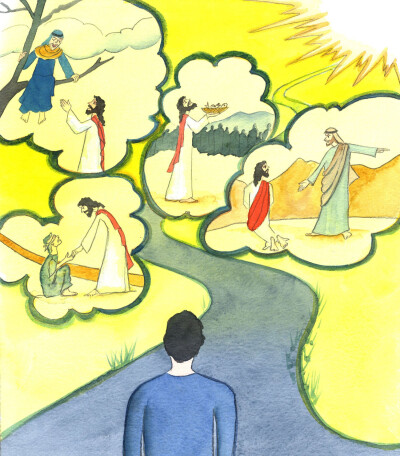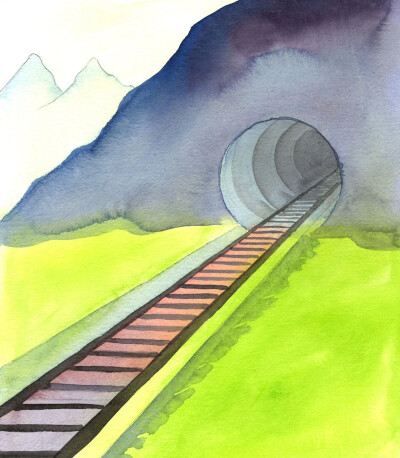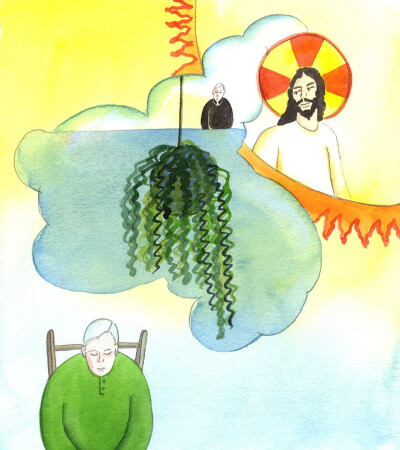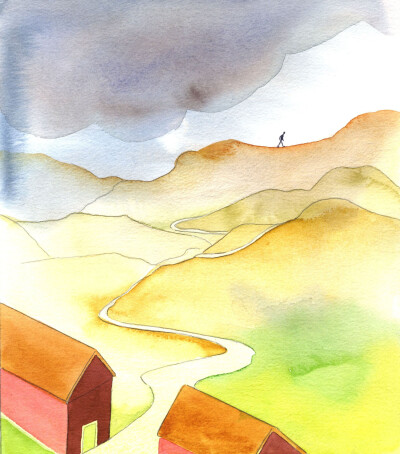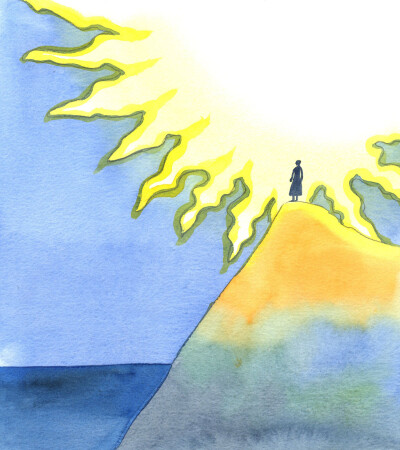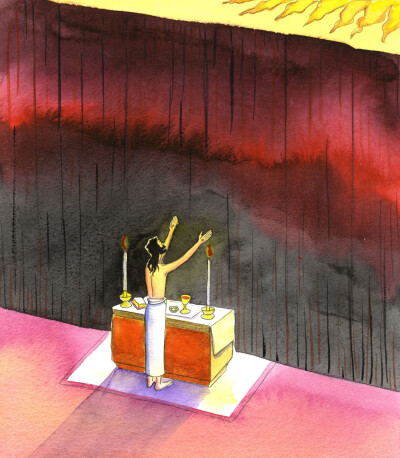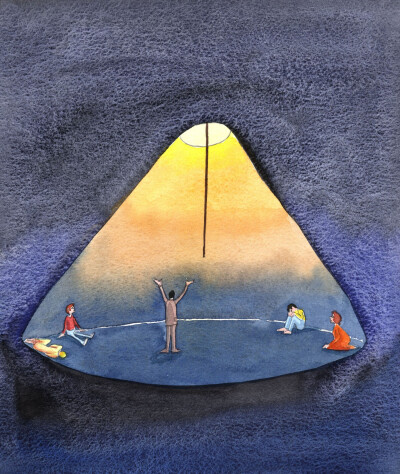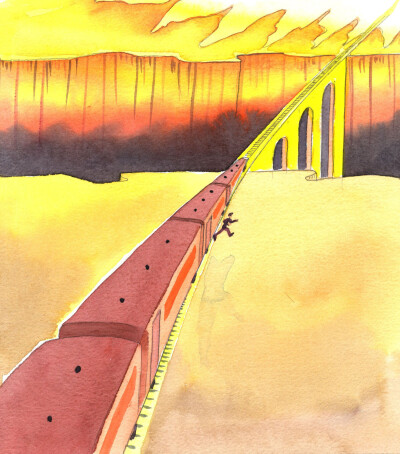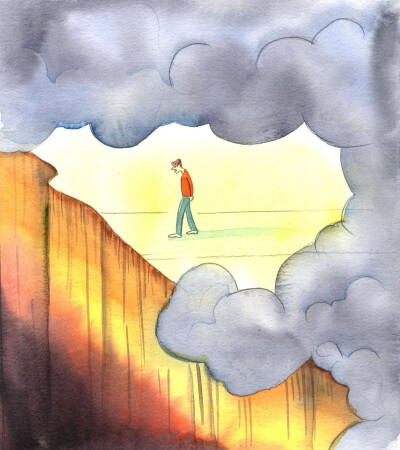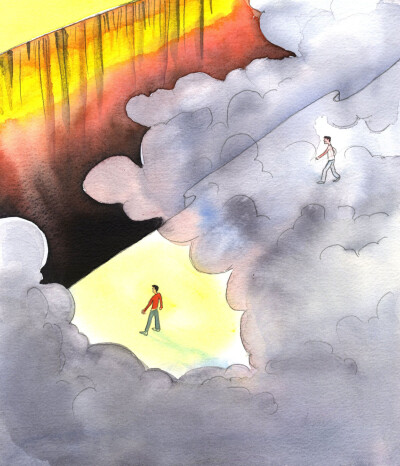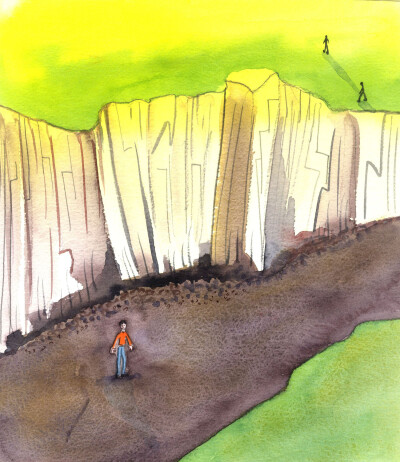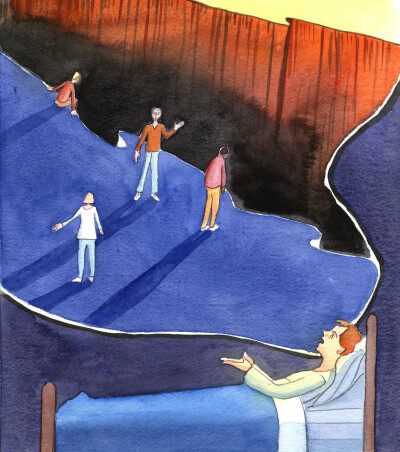Search Page
Showing 1001 - 1020 of 1261
Christ was willing to end his prayer, when people were in need. As we follow the rocky path to Heaven as disciples of Christ, we have two great Commandments to keep: to love God with all our being, and to love our neighbour for God's sake, with the love of Christ's Spirit within us. That is why we must offer practical love to those in need, not in showy gestures, but in the course of everyday life, and determined to be as kind as Christ.
Our spiritual lives should be balanced, as we follow Christ. There are people who love to be busy with works of practical charity, yet who sit in judgement on people who show devotion to Christ and His Mother, and label them as 'Holy Joes'. The First Commandment is to love God, so a busy person who is kind but does not pray is failing in love; however, every prayerful person should desire, out of love for God, to keep the Second Commandment, and to love his neighbour. It is wrong to neglect prayer, or works of charity.
Whenever we pray for the Church, aware that she is attacked by her enemies both within the Church as well as outside, we must remember that whenever she has entered a period of apparent darkness - like a train entering a tunnel - she has always come out of it again, into a new era of fulfilment and joy. This has happened time and time again, for two thousand years.
It is dangerous to succumb to spiritual stagnation when a priest or other person goes on prolonged leave, or a lengthy sabbatical, but for far too long, with little relish for prayer, and becoming weighed down with discontent; then it is time for him to look carefully at his relationship to God. Just as a buoy, left under the surface of the sea, becomes encrusted with shellfish and festooned with seaweed, becoming almost unrecognisable, so there is a danger of losing interest in a vocation, or becoming graceless and hopeless, unless changes are made.
When a person risks falling into serious sin, or does engage in it, it is as if he is isolating himself from the community of the faithful. Even if he then avoids sin, but remains isolated, listless, scarcely bothering to pray, and discontented, he is not out of danger - like a man strolling on the moors who avoids deep crevasses but might die of exposure if he is there for too long.
The Saints in Heaven are overjoyed that we love and serve God, and that we believe what the Church teaches about the Communion of Saints, and ask them to intercede for us. The Saints, who all love Christ and His Mother, are also full of joy on seeing us, too, honour the Blessed Virgin Mary, who gave us our Saviour, and who has appeared at Lourdes, to Saint Bernadette, asking us to pray and do penance.
Have we climbed the mountain of holiness, by God's grace, ready to arrive peacefully at the door to Heaven? God asks us to ask ourselves: Do I love God with my whole heart? Do I favour His Will, above all things? If we do not love God and want to thank and praise Him, we are not ready for Heaven; but what if He should suddenly call us, to leave this earthly life? Wise people get ready, now.
We pray, in the Mass, "Save us from final damnation". It is Jesus Christ who calls out from our altar, across the Abyss which separates earth from Heaven, and asks the Father to save those who are present, or who are associated with the Mass, for example sick members. The Faithful Departed are the other people helped by His sacrificial prayer. Catholics who refuse to attend regularly or at all, are refusing to be present as Christ prays for them. They condemn themselves, by their attitude.
God sees an extraordinary sight, as He looks down upon countless members of the Church who plan their own lives, according to their own ideas and desires, yet deign to give only a moment of their time, now and then, for prayer, unaware of His immense holiness, or His Sovereignty as well as His love.
People trapped in mortal sin are helpless to change. They need the grace of God, if they wish to repent and be made holy: grace brought through God's promptings or the intercessions of other people. It's as if they are trapped in an underground cave, waiting for a rope to be lowered, to draw them up to safety, into the light.
A person who decides to leave the simple Way of Christ, of regular prayer, faithfulness to the sacraments, and simple goodness, is like a foolish man who decides to leap off a moving train which is on its way to Heaven. He will not be able to climb back on, unless he receives power directly from Heaven, or mediated through the prayers of someone who cares for him and his salvation.
Older children deserve to hear the truth: "If you throw away your life - your spiritual life - by immorality, drunkenness, pornography or violence, it will be impossible to regain holiness by your own power. You can then only hope to reach Heaven one day if you receive from God the grace to repent: a grace perhaps brought to you through the prayers and penances of people who care about you.
A person who chooses to leave a life of simple goodness, regular prayer, and faithful reception of the sacraments is as if jumping off a moving train which is on its way to Heaven. There is no other way to Heaven - and it is impossible to climb aboard the train again, without receiving help. That is why sinners are foolish as well as sinful.
A person in mortal sin who benefits from the prayers offered by those who live united to Christ is like a man who was running, in a fog, towards a huge Abyss. But by a marvel, the fog was blown away in time for him to see what a dangerous road he was on. If he is wise, he kneels and repents of his foolishness and pride.
By our intercessions we can bring Divine grace upon a person trapped in a 'cloud' of sin. By Divine power, that person can be helped to see the spiritual danger he is in, so close to being lost in the Abyss. As his cloud of ignorance is blown away, or his sinful desires, he is helped to make wise choices about loving God and striving for holiness.
Someone trapped in sin is like a man trapped in a deep quarry; but the most pitiable is the one who, though trapped, does not want to come out. When a person at last wants to escape that prison of sin, helped by the intercessions of others, there is hope that he will open his heart to Divine grace: the power to rescue him.
A priest who is dispirited about the state of the Church should resist temptations to leave and to enjoy earthly pleasures. By the altar, he can receive power from God, to help him to renew the Church, and to encourage people towards obedience to God, sound Catechesis, profound reverence in prayer, and respect for the Pope, as well as love for the needy.
Like a mountaineer in a dangerous place, someone who is trying to escape from a sinful way of life needs the intercessions of other people. He also needs trust in God's power, and the virtue of hope, by which he will persevere in the belief that God can change him, save him, make him holy and happy, and bring him in the end to Heaven.
We can save souls, by the grace of Christ, through our prayers and sacrifices. No matter how sick we are, nor how feeble our efforts, if we offer up our prayers, and our pains as penances for people trapped in sin and in danger of falling into the Abyss (into Hell), and if we offer everything in union with Christ's Sacrifice, we join in His work of salvation.
When a person has come close to spiritual disaster, and has lived as if in an icy wilderness of isolation, cold, pain and hardship, it can seem impossible to believe that another 'world' exists, of joy, peace, warmth and fruitfulness. With faith in God's love, trust in His power, and prayer, we can allow God to change our inner landscape from cold to warm, and change even the pattern of our ordinary days.
Showing 1001 - 1020 of 1261

